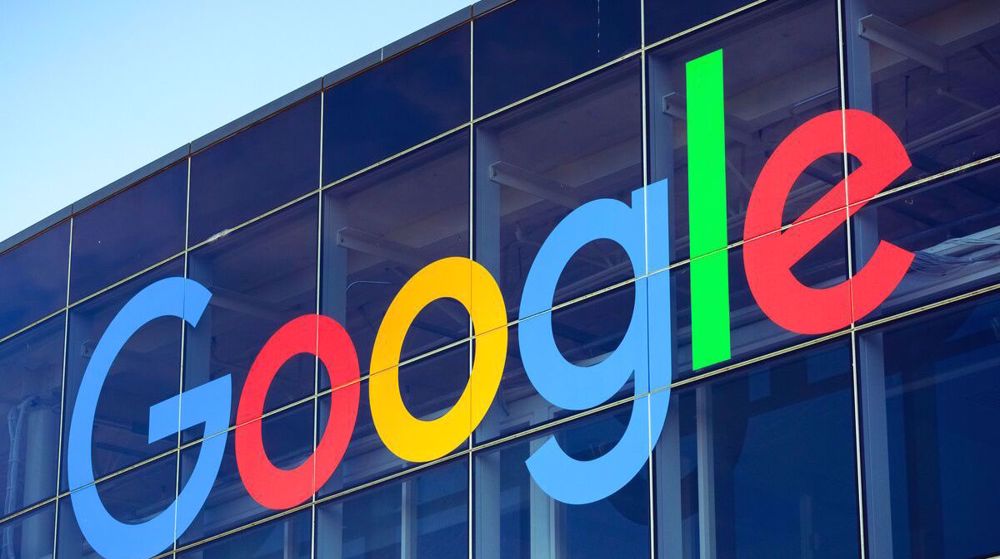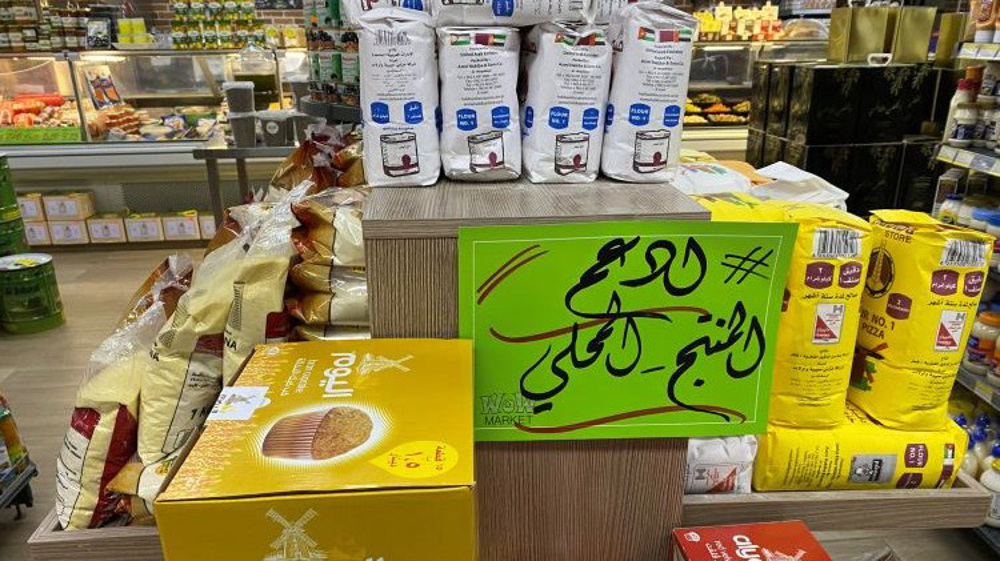Inflation rate for 19-member eurozone rises to 0.3% in May
Inflation in the 19-member eurozone has climbed to 0.3 percent in May, after it hit zero percent in April, a new report by European Union’s statistics agency says.
According to Eurostat’s report, which was released on Tuesday, the new figure shows that low energy costs are still impacting the cost of living in the bloc.
This is the first case of the bloc’s return to higher inflation in five months and was welcomed by the European Central Bank, which in March embarked on a massive bout of monetary stimulus to fight falling prices in the eurozone, AFP reported.
The eurozone suffered four months of deflation earlier this year, stirring serious concern that the single-currency bloc is in for a dangerous cycle of dwindling prices, which can potentially stall the economy.
Economists usually fear deflation almost as much as inflation because in this situation, customers put off purchases believing that they may be cheaper in the future. This situation, in turn, leads to even weaker demand, slowing the economy and pushing up unemployment.
Based on the Eurostat’s report, the eurozone's service sector accounted for up to 1.3 percent of the hike in prices, followed by food and beverages by up 1.2 percent. Energy prices, however, continued to fall but at a slower pace of negative 5.0 percent, which was slower than the negative 5.8 percent that was recorded in April.
"This increase was stronger than widely expected, even if inflation is hardly racing ahead," said Howard Archer, chief European Economist at IHS Global Insight, who added, "Renewed dips into deflation for the eurozone are looking increasingly unlikely with the risks diluted by a firming in oil prices from their January lows, the weakness of the euro and improved eurozone economic activity."
SS/SS
VIDEO | Press TV's news headlines
Iranian satellites launched into space as private sector debuts in space industry
VIDEO | Iran, Azerbaijan conduct joint maritime rescue operations
VIDEO | Yemen’s Red Sea divide: Naval forces block Israeli-linked ships in strategic ‘parting of the water’
VIDEO | Southern Gaza: Israel’s facade for famine and suffering
VIDEO | IOF hampering humanitarian aid
VIDEO | Sharmahd: Justice Done
Iran repeatedly warned Israel not to test its will: FM










 This makes it easy to access the Press TV website
This makes it easy to access the Press TV website